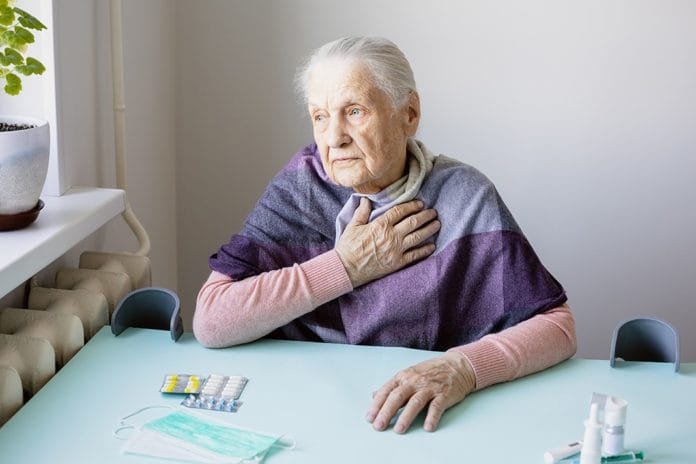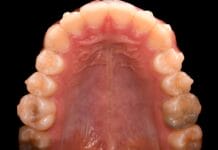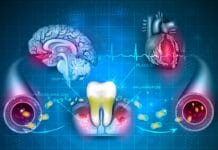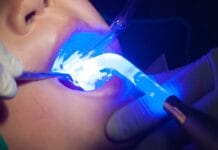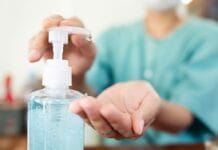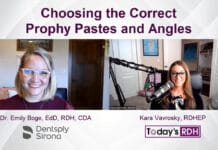Oral hygiene is an extremely serious issue in nursing homes and retirement communities all over the United States, and poor oral hygiene can cause diseases that are considered deadly for the elderly. There is little to no specified dental care in most of the facilities, and the residents often suffer from pain and infection. These residents may stop eating, and their immune systems weaken.
Nursing home residents often have to depend on their families or the understaffed and busy nurse’s aides in the home to help them with their dental hygiene. Residents without family or those who need more care than others may have their dental care put on the back burner for other issues that seem more important at the time. These healthcare workers may also be unaware of the potential dangers that come from neglecting their patient’s oral health.
Sheryl Zimmerman, Philip D. Sloane, and their colleagues in the North Carolina dental community conducted a study, Effectiveness of a Mouth Care Program Provided by Nursing Home Staff vs. Standard Care on Reducing Pneumonia Incidence: A Cluster Randomized Trial, comparing the current dental standards in nursing homes with initiation and results of a program created to help the healthcare workers reduce the negative occurrences of pneumatic diseases that can be caused, or exacerbated, by poor dental health.
Pneumonia
Pneumonia is a unique lung infection identified by a serious lung inflammation that restricts breathing and can even lead to death. Pneumonia can be caused by a virus, bacteria, or even fungi. Pneumonia is highly contagious, and its occurrence in the elderly, especially in a hospital-like setting, is extremely serious. Untreated oral problems, such as abscesses or decaying teeth, are thought to bring the disease directly into the lungs and bloodstream, increasing the intensity of the damage caused.
The idea is simple: Will an increase in the quality of a person’s dental hygiene decrease their susceptibility to deadly pneumatic diseases?
Mouth Care Without A Battle
Mouth Care Without A Battle is a program created to increase the knowledge that hospital and nursing home staff have concerning the importance of their resident’s oral hygiene concerning their susceptibility to pneumonia. General health and a person’s quality of life are extremely important at this time in their life, and oral care is healthcare.
Mouth Care Without A Battle specifically trains nurses on how to provide adequate dental hygiene to their more resistant patients specifically. The nurses are also taught to look for any noticeable changes that deserve attention. The nurses were given an aide to assist them with hygiene practices. Most importantly, the importance of dental hygiene support is emphasized on nurses who may disregard the practice entirely in their residents.
Intervention
The study covered 2,152 people over two years in areas of North Carolina that have particularly strong numbers of individuals that suffer from pneumonia in long-term health facilities. The people were divided into two groups, one that used Mouth Care Without A Battle and one that continued in the same way as before.
The level of pneumonia diagnoses under the program lowered that first year of study but rose again during the second year. Unfortunately, there were no statistically relevant differences averaged when it came to comparing each group’s pneumonia diagnoses specifically. Many of the nurses didn’t completely follow through with the program after the first year for various reasons. However, each patient involved with the program did have a much better quality of life and less dental pain due to a healthier level of dental hygiene.
It became evident during the study that it is essential for nursing and residential homes to have dental hygienists, or aides dedicated to oral hygiene and prevention, specifically, on staff and easily available. The aides that were given to nurses who went through the program made the most significant difference in the lives of residents. If oral care is healthcare, dental professionals are key to overall health maintenance and disease prevention.

